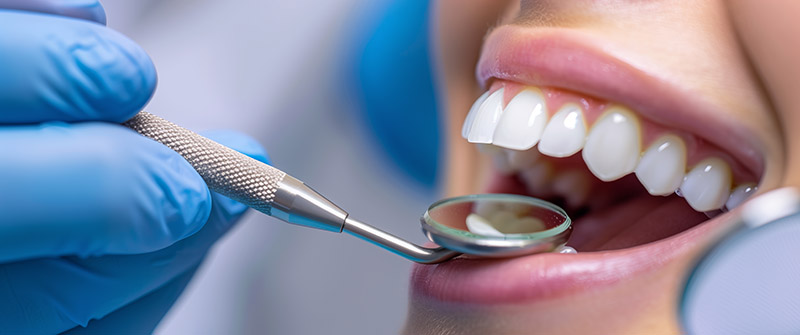Work Stress Can Cause Teeth Grinding Problems
Stress invites many diseases. Bruxism, commonly known as teeth grinding, is among these diseases. Problems and disagreements experienced in business life, which cover a significant part of the day, can manifest as teeth grinding problems, especially at night.
The Tolerance Limit Can Drop To The Lowest Levels In The Workplace
Clenching teeth is an involuntary and parafunctional chewing system disorder that occurs in the form of grinding and clenching teeth during the day and during sleep, causing various negativities in the hard and soft tissues of the mouth. Many people can be in a serious stress wave during the day or while sleeping at night due to reasons such as work intensity and the high tempo of daily life.
There may be many other reasons that increase people’s stress levels. While this stress sometimes reduces the tolerance limit in human relations to the lowest levels, it can also lead to a significant increase in people’s involuntary behaviours. Clenching teeth is also at the top of these behaviours. It is a common situation for individuals to keep their teeth in contact and apply force to them during daily activities. Such situations are also seen during the day when individuals concentrate on their work or exert intense physical force.
There May Be More Than One Factor At The Source Of Teeth Grinding
The causes of teeth grinding are still being debated and are generally focused on psychological, genetic and stress factors. Today, there is a common belief that it may be related to more than one factor. Scientific studies show that teeth grinding during sleep is related to oral-facial functions and sleep regulation in the central and autonomic nervous system, as well as psychosocial and genetic factors. However, to explain the genetic effect, chromosomal diagnosis is required with studies to be conducted on many generations.
Teeth grinding has strong associations with anxiety, anger and depression
Many patients have been observed to have psychiatric symptoms along with teeth grinding. Studies on this syndrome have reported that patients need to be evaluated from a psychological and psychiatric perspective. Psychological factors can also increase the severity of existing temporomandibular pain and complaints, and may reduce the response to treatments applied to relieve pain. It has been shown that when psychological stress is increased under experimental conditions, electrical activity in the masticatory muscle increases. An increase in teeth clenching or grinding has also been observed after stressful and tiring days. In studies on psychological factors in these parafunctional habits, strong relationships have been obtained with anxiety, nervousness, worry and depression.
Teeth Grinding Causes Many Health Problems
As a result of teeth grinding, forces and tensions occur in teeth, joints and tissues within various mechanisms. It has been reported in the literature that teeth grinding causes wear on teeth, muscle pain, temporomandibular joint (TMJ) pain, pain and mobility in teeth, headache, and various problems for fixed and removable dentures.
Studies conducted on children, young adults and adults have shown the importance of the relationships between various parafunctional activities and TMJ symptoms. Teeth grinding can also lead to attrition, or wear caused by friction. As teeth grinding continues, damage to the oral region increases, cracks in tooth enamel, tooth sensitivity, enamel fractures and discoloration can be seen. In addition, osteoporosis and gum recession can be encountered in the long term. Most people who continue teeth grinding parafunction may need extensive dental restorations in the long term.
Teeth grinding and clenching cause hypertrophy, or growth, in the facial muscles and chewing muscles (especially the masseter). In the long term, this can cause a square jaw appearance. Pain and tenderness, fatigue, and functional limitations are observed in the masseter and temporal muscles due to teeth clenching and grinding.
Night Guards/Plates Play An Important Role In Treatment
There are a number of treatment methods applied against teeth grinding or clenching problems. Dentists should always resort to reversible classical treatments in the first stage. One of these methods is night plates used to prevent the contact of teeth with each other. In individuals who grind their teeth excessively, an antidepressant or muscle relaxant can be used under the supervision of a physician. The drug is not a treatment method on its own, it should be used together with a night plate. Long-term and short-term damage can be prevented with regular check-ups and adjustments to the chewing surface of the plate.
Free Consultation
You can call us or reach out via our WhatsApp line to get information about treatment options.

